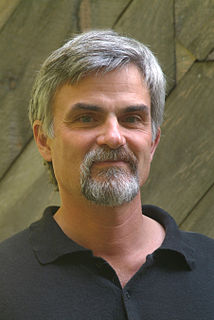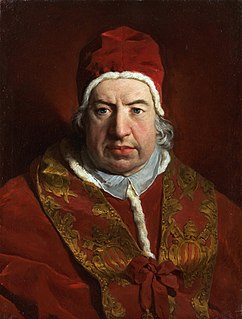A Quote by Dorothy Day
Whatever I had read as a child about the saints had thrilled me. I could see the nobility of giving one's life for the sick, the maimed, the leper. But there was another question in my mind. Why was so much done in remedying the evil instead of avoiding it in the first place? Where were the saints to try to change the social order, not just to minister to the slaves, but to do away with slavery?
Related Quotes
Having spent time around "sinners" and also around purported saints, I have a hunch why Jesus spent so much time with the former group: I think he preferred their company. Because the sinners were honest about themselves and had no pretense, Jesus could deal with them. In contrast, the saints put on airs, judged him, and sought to catch him in a moral trap. In the end it was the saints, not the sinners, who arrested Jesus.
Why me? Why did this happen? How could I be in Westlife and then have nothing to show for it financially at the end of it? But it's like, why not me? That's just life. It's tough. There's a lot more problems in the world. There are a lot of people who would wish to God they had my problem instead of having a sick child.
I had bedbugs in 2005. I felt like a leper. Worse than a leper. At least lepers had a colony they could go and live in with other people who empathized. I instead had friends stand up from tables and walk out of restaurants when I told them I had bedbugs, because they were afraid I'd transfer the bugs to them.
Was it the act of giving birth that made you a mother? Did you lose that label when you relinquished your child? If people were measured by their deeds, on the one hand, I had a woman who had chosen to give me up; on the other, I had a woman who'd sat up with me at night when I was sick as a child, who'd cried with me over boyfriends, who'd clapped fiercely at my law school graduation. Which acts made you more of a mother? Both, I realized. Being a parent wasn't just about bearing a child. It was about bearing witness to its life.
What was wrong with me? I had a decent life. I was healthy. I wasn't starving or maimed by a land mine or orphaned. Yet somehow, it wasn't enough. I had a hole in me, and everything I took for granted slipped through it like sand. I felt like I had swallowed yeast, like whatever evil was festering inside me had doubled in size.
If you had a system that could read all the pages and understand the context, instead of just throwing back 26 million pages to answer your query, it could actually answer the question. You could ask a real question and get an answer as if you were talking to a person who read all those millions and billions of pages, understood them, and synthesized all that information.
I felt I was drawing close to that age, that place in life, where you realize one day what you'd told yourself was a Zen detachment turns out to be naked fear. You'd had one serious love relationship in your life and it had ended in tragedy, and the tragedy had broken something inside you. But instead of trying to repair the broken place, or at least really stop and look at it, you skated and joked. You had friends, you were a decent citizen. You hurt no one. And your life was somehow just about half of what it could be.
Many Southern Plantation owners were working towards the day when they could convert their investment to more profitable industrial production as had been done in the North, and others felt that freemen who were paid wages would be more efficient than slaves who had no incentive to work. For the present, however, they were stuck with the system they inherited. They felt that a complete and sudden abolition of slavery with no transition period would destroy their economy and leave many of the former slaves to starve - all of which actually happened in due course.
If anyone dared to assert that the Pontiff had erred in this or that canonisation, we shall say that he is, if not a heretic, at least temerarious, a giver of scandal to the whole Church, an insulter of the saints, a favourer of those heretics who deny the Church's authority in canonizing saints, savouring of heresy by giving unbelievers an occasion to mock the faithful, the assertor of an erroneous opinion and liable to very grave penalties.




































